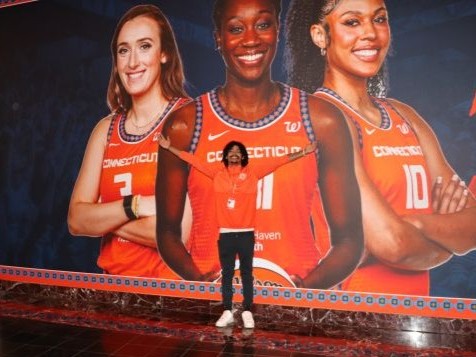Mitchell College Receives Grant to Launch Healthcare Academy
Mitchell College has received funding from the Community Foundation of Eastern Connecticut to launch the Mitchell College Healthcare Academy (HCA).
The HCA is an early college, on-campus program that expands healthcare career pathways for New London County middle and high school students. It combines classroom learning with hands-on experiences to prepare the next generation of healthcare professionals and address local workforce needs.
Inspiring Future Healthcare Leaders
President Tracy Y. Espy said:
“Mitchell College is proud to offer the Mitchell College Healthcare Academy to middle and high school students in our region, inspiring the next generation of healthcare professionals and helping to address local workforce shortages. Thanks to the generosity of the Community Foundation of Eastern Connecticut, we can begin this initiative to empower students, promote economic mobility, and advance health equity in the region.”
Program Highlights
Middle School Program – HCA Rising
-
For grades 6–9
-
STEAM (Science, Technology, Engineering, Arts, Mathematics) exploration phase
-
Fun, engaging activities to build interest in healthcare
-
Launches July 2025
High School Pathway
-
For grades 10–12
-
Career education, leadership, and soft-skills development
-
Shadow days, hands-on labs, research and writing skill-building, summer experiences
-
Opportunity to earn college credit through dual enrollment
Community Support
Maryam Elahi, president and CEO of the Community Foundation of Eastern Connecticut, said:
“The Community Foundation is pleased to support Mitchell College’s program which aligns closely with our priorities: health equity, early career development and educating a diverse group of students. Thanks to our generous donors, we are able to make grants to support area youth, meet the basic needs of our residents and protect the environment.”
Learn More
For details about the Mitchell College Healthcare Academy, contact:
Dr. Alicia Martinez
Dean of Student Experience and Belonging
martinez_a@mitchell.edu | 860-701-7708
